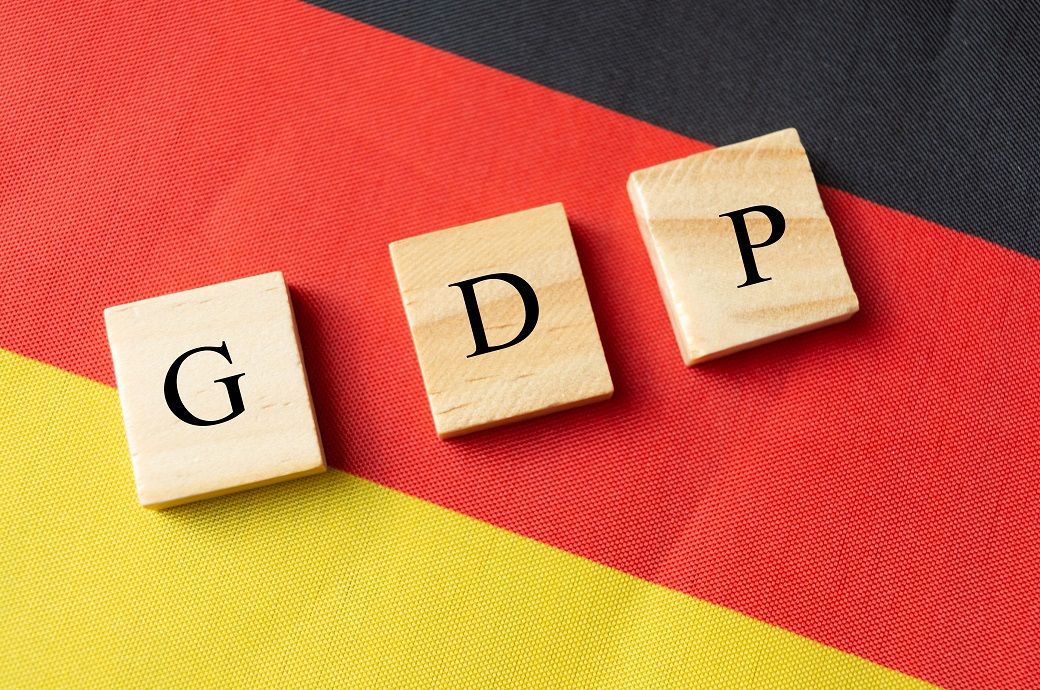Germany's GDP estimate revised to –0.4% in 2023: Report

The gas markets crisis has severely impacted the German economy, according to the Joint Economic Forecast 2/2022. Soaring gas prices are drastically increasing energy costs, leading to a massive reduction of the purchasing power.
Despite a decline in the second half of the year, gross domestic product is expected to expand by 1.4 per cent in 2022. For the coming year, the institutes expect a contraction by 0.4 per cent, followed by an increase of 1.9 per cent in 2024.
The main reason for the deterioration in the economic outlook is the reduced gas export from Russia, which has eliminated a significant part of the gas supply and increased the risk that the remaining supply and storage volumes will not be sufficient to meet the demand during the coming winter, adds the report.
Against this background gas prices have skyrocketed in the summer. Businesses have already started to cut back their gas consumption noticeably. Even though the institutes do not expect any gas shortages under normal weather conditions over the winter, the supply situation remains extremely tight. Although the situation is expected to ease somewhat over the medium term, gas prices are likely to remain well above pre-crisis levels. This will mean a permanent loss of prosperity for Germany.
“The Russian attack on Ukraine and the resulting crisis on the energy markets are leading to a noticeable slump in the German economy,” said Torsten Schmidt, head of economic research at RWI - Leibniz Institute for Economic Research and spokesman for the Joint Economic Forecast Project Group. “The high energy and food prices, which are likely to rise further in the coming year, are causing significant losses in purchasing power. Both low-income households and businesses are therefore dependent on further support from policymakers. In the case of businesses, however, care must be taken to avoid permanent subsidies. At least the labour market is showing signs of stability; due to the shortage of personnel in many sectors, no increase in unemployment is expected despite the economic crisis.”
The Joint Economic Forecast was prepared by the ifo Institute (Munich), the Kiel Institute for the World Economy (IfW Kiel), the Halle Institute for Economic Research (IWH), and RWI – Leibniz Institute for Economic Research (Essen).
Fibre2Fashion News Desk (NB)
































-Ltd..jpg?tr=w-120,h-60,c-at_max,cm-pad_resize,bg-ffffff)





.jpg?tr=w-120,h-60,c-at_max,cm-pad_resize,bg-ffffff)
.jpg?tr=w-120,h-60,c-at_max,cm-pad_resize,bg-ffffff)






